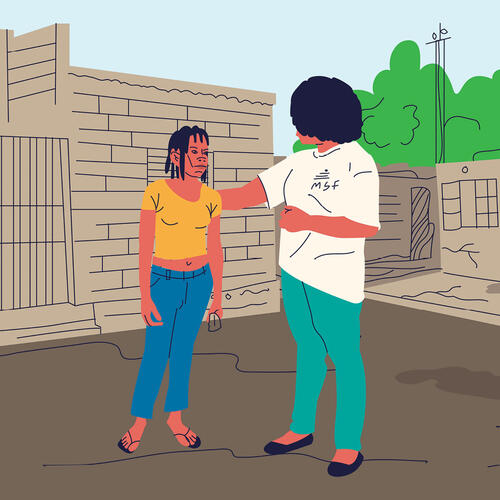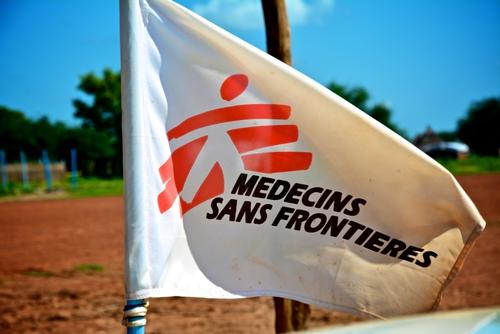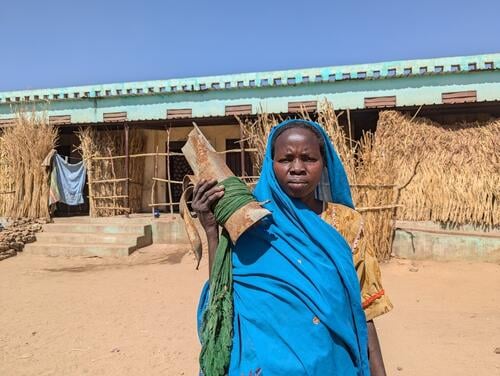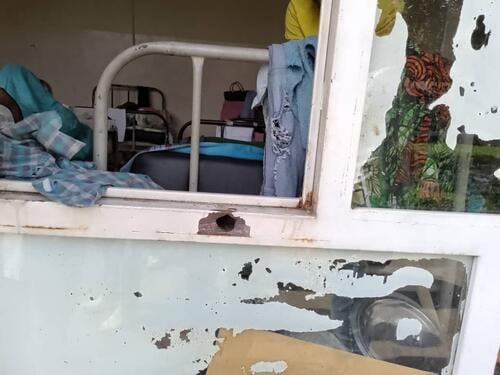As part of our commitment to reduce maternal mortality in places where we work, Médecins Sans Frontières (MSF) offers safe abortion care at many of our projects. We have made a global effort to address obstacles and scale up safe abortion services. As a result, the number of safe abortions we have provided has increased from around 74 in five countries in 2015 to nearly 35,000 in 33 countries in 2021.
Asha*, a midwife supervisor from East Africa, worked with MSF from 2003 to 2021 and helped drive the evolution of our safe abortion care. Here, she shares her stories about the challenges, breakthroughs, and growth she experienced while working to provide lifesaving services for women** over nearly two decades.
2003: Training, the first obstacle
When I started working with MSF as a midwife in 2003, I managed deliveries and newborn care, but I also saw a big need for abortion care. Whenever this need came up, I wanted to be able to help – but I didn’t have that training or experience. It was quite a dilemma for me.
In 2004, I learned that MSF had adopted a policy to provide safe abortion care wherever it was needed to prevent maternal deaths and injuries due to complications from unsafe abortions. I thought, “This is what I am supposed to do.” But I still lacked training.
Few patients were asking for abortion care – abortion is a taboo subject in Central Africa, where I was working, and in many of the places where MSF works. But I knew a lot of women were suffering in silence because I treated them for complications from unsafe abortions, such as septicemia [blood infection] and severe bleeding, which can also lead to severe anemia. I vividly remember one patient who died, leaving five young children behind.
Fortunately, local doctors working with MSF in the projects where I was placed had a lot of knowledge and experience and were able to help me manage complications from unsafe abortions.
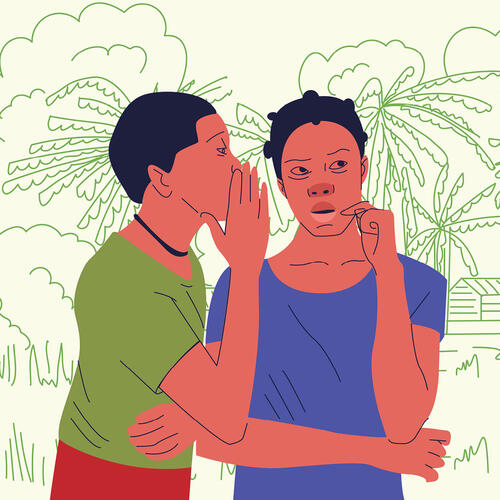
2009: Internal obstacles
Finally, in 2009, I was able to attend an MSF training on sexual and reproductive health care in The Netherlands. I learned how to administer a safe abortion using pills - the preferred method at MSF projects – and how to perform a manual vacuum aspiration [a procedure to remove pregnancy tissue]. That helped me a lot, and I was able to start safely providing abortion care myself.
Ready to put my new skills to use, I traveled to my next assignment in West Africa with MSF. But I soon found another obstacle in managing abortions: my team. They were not sensitised to MSF’s policy on abortion. They were negative about abortions, speculating on the consequences: “What about the family? What about the community? What if it puts the project at risk?”
Where there is a lack of knowledge about abortion, the response is often: What if the patient dies? We hear stories about women dying after abortions, but that is because the conditions or circumstances of the abortion were unsafe – for example, an untrained person used a dangerous and invasive method. Unsafe abortion is one of the leading causes of maternal death, but we know there is another way.
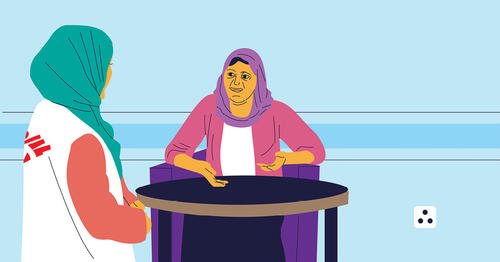
Even though I now had the skills, during the two years I worked at this project, I was often unable to help women because my own staff did not always understand that safe abortion is an important part of reproductive healthcare and that unsafe abortion, which is what many women turn to when they cannot access safe abortion care, is one of the main causes of maternal mortality.
Fortunately, MSF can be a good listener. When I reported to the sexual and reproductive health advisors that some staff were obstructing abortion care, they were surprised to hear this. Over the next several years, they set out to better understand the different internal obstacles and worked to resolve them so we can ensure the provision of safe abortion care in MSF projects.
2017: Exploring values and attitudes
Several years later, I attended a workshop called “Exploring Values and Attitudes towards Abortion,” known within MSF as EVA. The goal is for participants to examine, question, and affirm their values and attitudes around abortion so that they can help support MSF’s provision of this care. It was very educational and changed a lot of perceptions and attitudes.
Many of my colleagues simply had not known about the devastating impact of unsafe abortion, that it kills at least 22,800 women and girls and injures millions more every year. Too few of my colleagues had connected the deaths we saw to the healthcare system we are part of.
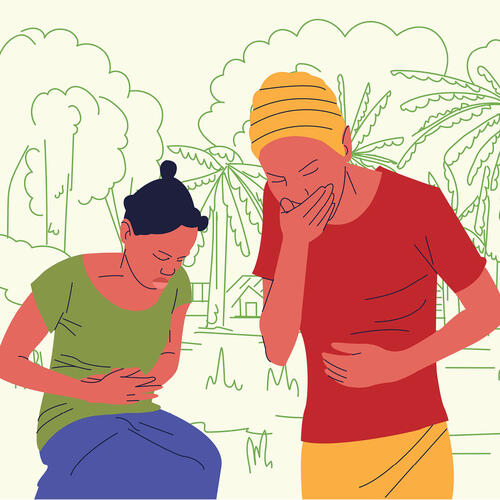
2019-2021: Listening and adapting
In 2019, I accepted a new assignment in a country in Central Africa. When I arrived, I found that MSF had stopped providing safe abortion care services in the Ministry of Health hospital that we were supporting. This time, it was due to a lack of knowledge and negative attitudes on the part of a few of the Ministry of Health staff working at the hospital, even though we had permission to provide safe abortion care.
I managed to find a way to restart the services. I told my team that if they had any problems with anyone who did not understand the need for these services, they should put the blame on me. I did this because I knew safe abortion care was the safest way to help these women.
Most of the women who came to me for abortion care had a family member with them - a sister, a mother, a brother. If the patient agreed, I would explain to their family member how to support their loved one through a self-managed abortion. And when there were any complications – which was rare – they knew what to look for and how to contact me. This is how I scaled up safe abortion care at that project.
It’s not always easy but providing safe abortion care is important. Over the 19 years I worked with MSF, I had to be very resourceful to provide this care. It required a lot of confidence and sometimes courage. Listening to women is essential, and that's how I discovered ways to help them even when there were obstacles.
*Name has been changed
**While this article focuses on MSF’s experience treating women and girls at our medical projects, we recognise that all people who can become pregnant deserve access to safe abortion care – including people who identify as trans, nonbinary, and intersex.



